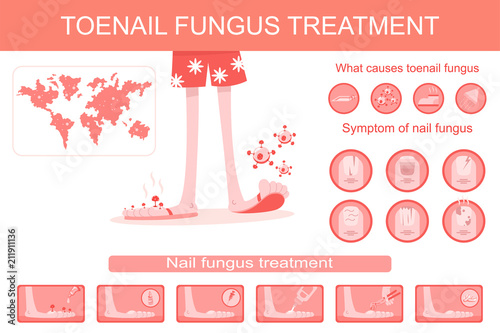Can Diet Regimen Changes Help Lymphedema Effects?
Can Diet Regimen Changes Help Lymphedema Effects?
Blog Article
Content Create By-Jansen Timmons
If you're handling lymphedema, you may question how much your diet really influences your signs. Specific foods can play a crucial duty in managing inflammation and fluid retention. By making specific dietary changes, you could possibly improve your general health and wellness and health. However what exactly should you include or stay clear of in your meals? The solution might shock you and could cause substantial enhancements in your problem.
Comprehending Lymphedema and Its Signs
Lymphedema happens when lymph fluid builds up in your tissues, typically causing swelling, specifically in the arms or legs. This problem can establish after surgical procedure, radiation treatments, or as a result of genetic aspects.
You may notice rigidity or thickness in the affected location, and your skin might really feel stretched or show up glossy. In some cases, you might experience pain or pain.
It's essential to identify these signs and symptoms early, as untreated lymphedema can result in issues like infections or mobility problems. Keeping track of adjustments in your body's sizes and shape can help you handle the problem.
Recognizing lymphedema is the initial step towards effective monitoring, allowing you to look for proper therapies and take control of your health.
Foods That May Aid Manage Lymphedema
When taking care of lymphedema, incorporating particular foods right into your diet plan can make a considerable distinction.
Focus on foods rich in anti-oxidants, like berries, which help reduce swelling. Leafed eco-friendlies, such as spinach and kale, offer crucial minerals and vitamins that support overall health.
Integrating lean proteins, like chicken and fish, can aid in cells repair and promote a healthy and balanced immune system. Also, consider including healthy fats from sources like avocados and olive oil, which can enhance flow.
Staying hydrated is critical, so beverage lots of water and take pleasure in hydrating foods like cucumbers and watermelon.
Finally, restriction processed foods and sugars, as they can contribute to inflammation and worsen signs. Making these dietary changes might help you much better handle lymphedema.
Practical Dietary Strategies for Alleviation
Making nutritional adjustments is just one part of managing lymphedema; useful strategies can likewise play a considerable duty in providing relief.
Start by remaining moisturized-- drink a lot of water to help reduce swelling. Integrate https://whentogotochiropractoraft62616.answerblogs.com/33349657/discovering-lymphedema-therapy-innovative-techniques-to-improve-patient-treatment -inflammatory foods like berries, fatty fish, and leafy environment-friendlies right into your meals.
Try to limit refined foods high in salt and sugar, as they can lead to fluid retention. Consuming smaller, extra frequent dishes can additionally reduce digestion and help regulate your body's action.
Additionally, take into consideration maintaining a food journal to track what works for you and what doesn't.
Last but not least, speak with a nutritionist who specializes in lymphedema for personalized advice, which can significantly improve your overall administration plan.
Conclusion
Including nutritional modifications can make a real difference in taking care of lymphedema signs and symptoms. By focusing on antioxidant-rich foods, lean proteins, and healthy fats, you can support cells repair work and flow. Staying hydrated is critical, as well, while preventing processed foods and high-salt products helps reduce inflammation and fluid retention. With a balanced diet and possibly assistance from a nutritional expert, you'll not just improve your symptoms however additionally boost your total quality of life. Take https://www.chiroeco.com/professional-physical-therapy/ of your health today!
